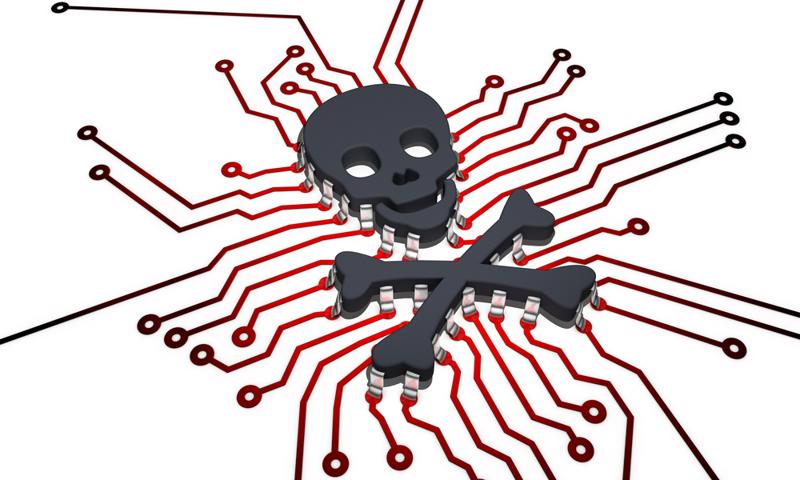Many small business owners across the country may have seen the hacking attacks in the last few years that exposed payment data and other sensitive information supposed to be protected by major organizations. Hospitals, grocery stores, health insurers, big box retailers, and more have been successfully targeted by hackers in an attempt to gain access to the private data of millions of people. However, these threats are even greater – but less publicized – for smaller companies.
While many entrepreneurs may think, "That kind of attack could never happen to my business, because we're just too small," studies show that this is actually not the case at all. The vast majority of small businesses have been hit by such incidents in the last several years, through one means or another, and can end up posing a major financial burden not only for the company, but also the customers or clients affected as well.
 Hackers pose a grave, underrated threat to small businesses.
Hackers pose a grave, underrated threat to small businesses.Why are small businesses at such great risk?
When it comes to hacking attacks, small business owners may think that they're "too small" to be targeted, but in recent years that actually has proved to be the opposite of the case. Data suggests that hackers are moving away from targeting larger companies and now focusing on smaller firms for reasons that should be obvious. That is to say, large companies have the ability to invest millions of dollars and tens of thousands of man hours per year just in their data security.
That means that it may take months or longer for hackers to crack their security systems and potentially steal data for millions of people all at once. That's a big payoff for the criminals in question, but it takes a lot of work for that big reward.
Meanwhile, though, small businesses often have little to no security protocols in place, and often don't have an IT security professional on the payroll at all, so while the "score" these criminals can get from such companies may not be great in and of themselves, their ability to effectively target numerous small businesses in a short period of time is significantly increased. This means that while they're going to get far smaller payouts from the companies they target, but the collective effort they put in will be a lot smaller as well.
What can owners do?
So when it comes to entrepreneurs who are looking to increase security for their small businesses, the idea of making a substantial investment in IT security may be tough to figure. Often, they don't have the financial resources or man hours available to make sure they're as safe as they probably need to be.
However, there can be a reasonable middle ground. This includes investing at least a few hundred dollars in security software such as advanced – and automatically updating – virus protection and firewall programs, just as an initial means of screening out some potential attacks. But beyond that, it's also wise to train employees about proper security protocols, such as not downloading and running suspicious files, not giving out passwords via email or phone and keeping a close eye on security vulnerabilities that may exist as a natural extension of everyday work being done, such as the transportation of files.
Owners worried about the cost of these efforts might want to work out a reasonable financial plan with experts at a community bank to make sure they can undertake them soundly. Having the ability to deal with these modern issues is critical for any healthy small business to move forward.


